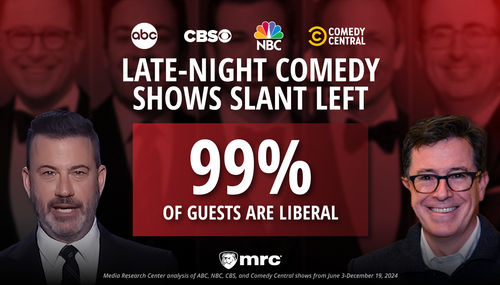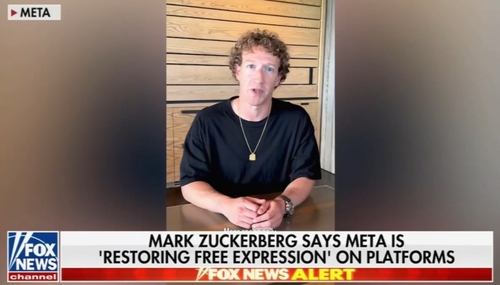Hollywood once eschewed making movies that openly advocated atheism. That is no longer the case.
"The Ledge" is the latest in a series of recent Hollywood films that actively promote atheism. Director Matthew Chapman hopes that his movie will be the "'Brokeback Mountain' moment for atheists."
"The Ledge" has a simple plot. An atheist seduces the attractive wife of a Christian fundamentalist. The husband, a crazy fundamentalist, lures the atheist onto a ledge and threatens to kill the wife if the atheist doesn't jump from a ledge at a certain time.
Of course, in Christian theology, murder is forbidden in the Ten Commandments. But "The Ledge" ignores this obvious fact, portraying the fundamentalist as driven by his faith to blackmail the atheist into suicide, and the atheist as a heroic character willing to die for another person.

More disinterested reviews of "The Ledge" have generally been negative. All six featured reviewers on Rottentomatoes.com (as of June 28) panned the movie, with varying degrees of disgust. Indiewire.com's seven reviews of "The Ledge" were also uniformly negative.
"The Ledge's" crude promotion of atheism is hardly Hollywood's first foray into supporting atheism. It's been pushing implicit atheism since at least 2007, when "The Golden Compass" premiered in movie theaters. In the film, a young girl fights against an evil organization called the Magisterium (the Catholic term for the teaching authority of the Church.) The books the movie was based on were even more explicitly atheist; at the end of Philip Pullman's trilogy "His Dark Materials," the heroes kill a character who claimed to be God.
Although the first movie watered down the anti-Christian message of the books, Weitz was interviewed saying that the next two movies would not dilute Pullman's atheistic message.
Due to "The Golden Compass'" lack of commercial success, the next two movies in the trilogy were not made. Undaunted, Hollywood pressed on with its promotion of an atheistic agenda.
Comedian and avowed atheist Bill Maher directed a documentary comedy in 2008 titled "Religulous," which mocked religion of all types.
"The Invention of Lying," a 2009 comedy directed by atheist Ricky Gervais, told the story of a parallel world where everyone was incapable of telling lies, except for one man. This man used his ability to lie to comfort his dying mother by making up a new religion with "ten rules" where "the Man in the Sky" lets good people into a happy afterlife. He later used his false "religion" to become rich and famous.
And earlier this year, the sci-fi comedy "Paul" featured an alien whose existence shattered the religious beliefs of a radical creationist. The alien assured the creationist that "his very existence disproves any traditional version of Judeo-Christian belief."
Like the film industry, the television industry is also witnessing a growing number of atheistic characters in shows. Popular characters such as Dr. Gregory House of the TV show "House," Temperance "Bones" Brennan on the series "Bones," and Dr. Perry Cox on "Scrubs" are all strong-willed, brilliant (if quirky), avowed atheists. Popular shows such as "Glee" and "Family Guy" had characters reveal themselves to be atheists within the past two years.
Considering the large number of atheists who populate the entertainment industry, the recent surge in films and programs promoting atheism is not surprising. Prominent atheists in the entertainment industry include: Seth MacFarlane (creator of "Family Guy" and "American Dad"), Ricky Gervais (creator of "The Office"), and Woody Allen.
The trend towards atheism in the entertainment industry has very serious consequences for society. Ben Shapiro, in his expose of Hollywood, "Primetime Propaganda," argued that: "Television reflects those who create it and transforms everybody else." Continuous exposure to specific beliefs on television desensitizes viewers to those beliefs.
The recent trend towards positive portrayals of atheism in film reflects Hollywood's desire to make atheism mainstream. William Donohue, president of the Catholic League, warned CMI that "There has been an anti-religious trend in Hollywood for years. Open promotion of atheism is the next step."
The 2008 CMI Special Report, "Apostles of Atheism" documented widespread promotion of atheism in the mainstream media. Hollywood, apparently, is not far behind its journalistic allies in its promotion of a godless society.




